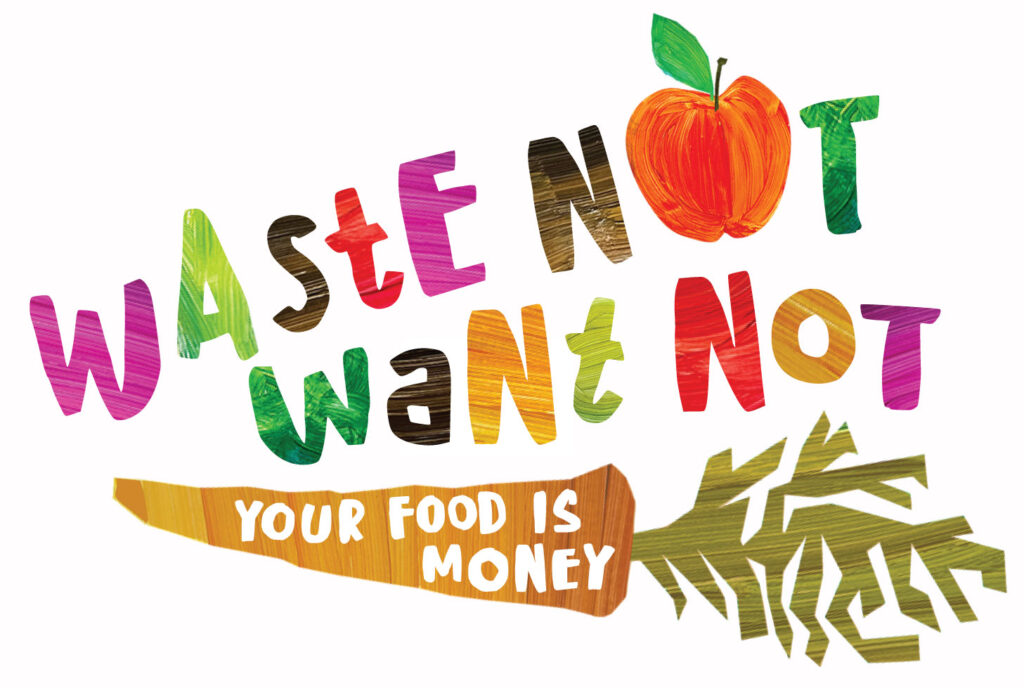Food Waste Reduction
 Store | Use | Save | Compost | See some tips!
Store | Use | Save | Compost | See some tips!
By reducing the amount of food that you waste, you save money! Vegetables are the most wasted food, so learning how to make your produce last longer will stretch your dollar further.
Did you know that 63% of the food Canadians throw away could have been eaten? For the average Canadian household that amounts to 140 kilograms of wasted food per year – at a cost of more than $1,300 per year! In addition, reducing household food waste also reduced CO2 emissions! (Love Food Hate Waste, 2022)
Check out upcoming classes and events.
How to store your food so it lasts longer
 – Printable reminder of best storage for common fruits & vegetables
– Printable reminder of best storage for common fruits & vegetables
– Keep it fresh: Food storage A-Z, Shelf Life’s, & Fridge Guide
– Post-Harvest food storage solutions with a certified Horticulturalist, video
– Ideas for using Kitchen Scraps (video, start at 17:25s)
– Learn about Best Before versus Expiry dates
– Ideas for using up food before you can’t anymore (go to ‘Rescue Food Recipes’)
How to save even more money on food
– Banff Food Rescue / Canmore Food Recovery Barn
– Bow Valley Good Food Box
– Join our Good Food Box Facebook Community to share recipe ideas!
– More local food supports
– Tips to Spend Less Money on Food
– Quick & Easy Meals
How to minimize impact on planet
1. Minimize Food Waste! Wasting food means wasting the resources used to grow, produce and distribute that food, as well as those used to manage or dispose of the food as waste. This has a significant carbon footprint and contributes to Canada’s greenhouse gas emissions. Diverting food waste to composting is much better than sending it to a landfill, but preventing food from being wasted in the first place is the best way to lessen our impact on the environment.
2. Start Composting! Organic material does not turn into soil or compost when it’s buried in the landfill. It takes decades to decompose, and in the meantime, releases greenhouse gases approximately 25 times more potent than carbon dioxide. Approximately 20% of Canada’s methane emissions come from landfills. These greenhouse gases are a major contributor to climate change (Town of Banff).
Did you know that the Towns of Banff & Canmore collect and compost both raw and cooked food scraps? For when you need to dispose of food waste, get yourself a kitchen food waste bucket!
- What’s accepted in a food waste bin?
- In Canmore: FREE for residents; pick up from the front desks at the Civic Centre, Canmore Recreation Centre or Public Works during office hours.
- In Banff: FREE for residents; pick up at Town Hall during office hours.
- More about food waste from the National Zero Waste Council of Canada





